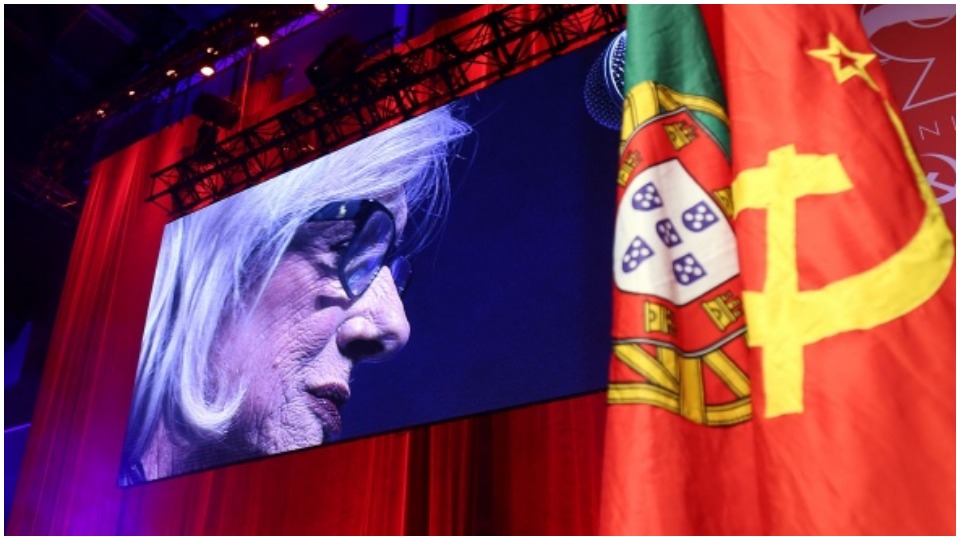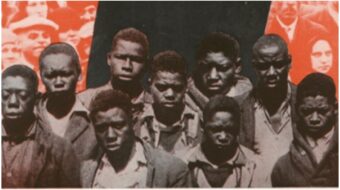
The well-known actress and director Fernanda Lapa, a major personality in Portuguese culture and theater, died at the age of 77 on August 6 in Cascais, not far from her home.
The Secretariat of the Central Committee of the Portuguese Communist Party (PCP) issued a moving statement of mourning.
Born in Lisbon in 1943, Fernanda Lapa devoted her entire life to the stage. She made her debut in 1962, at the student theatre of the University of Lisbon, and her first professional appearance as an actress with the House of Comedy, which she founded.
With a scholarship from the federal Department of Culture, she graduated with a degree in directing at the Higher School of Stage Direction in Warsaw in 1979.
From that point on, she dedicated her productive career to stage directing, concentrating on works by the great playwrights, with the participation of Portugal’s best actors, as well as to the education of new generations of theatrical professionals on both the student and professional levels.
Last March she celebrated 25 years since founding the School for Women, which provided space in the theater for one of her major concerns: Equality between women and men, in the theater and in life. Her devotion to this struggle dated back to the era of the fascist dictatorship. In the years after the 1974 April Revolution, significant struggles for equal political, social, economic and cultural rights were waged and won.
Fernanda Lapa was the leader of the STE, the Union of Stage Workers (Sindicato dos Trabalhadores do Espectáculo) for several terms, as well as the Democratic Women’s Movement.
The actress/director was a PCP member since 1978, and dedicated herself to its cultural and intellectual work in Greater Lisbon. One of her most recent appearances occurred recently, at the commemoration of 99 years of the PCP. Her allegiance to working-class struggle, to the defense of culture, and to the cause of freedom, democracy and socialism was undimmed until the end of her life.
Her progressive cultural work led her to the play The Fist, celebrating the centennial of playwright Bernardo Santareno. The play, scheduled to debut in November, pays homage to agrarian reform, the fight to achieve it, and the agricultural workers who were in its vanguard.
Anticipating her death, Lapa asked that in lieu of flowers, those who wished to commemorate her death should contribute to a fund for the children of actor Bruno Candé, 39, who was shot to death at the end of July by an 80-year-old man at the Moscavide station on the Red Line of the Lisbon Metro, in the municipality of Loures, bordering Lisbon. The actor was a Portuguese citizen of Guinean origin. He had three children, ages seven, five and three.
The killing, which is currently under investigation, may have had a racial motivation. Various people at the scene say they heard racial insults, although the killer said only that he wanted to take his revenge for supposedly having been pushed a few days earlier. In the meantime., he is being held in detention.
For a 34-second video message by Jerónimo de Sousa, Secretary General of the PCP, featuring brief clips of the actress, see here.
Translated and edited by Eric A. Gordon.

MOST POPULAR TODAY

High Court essentially bans demonstrations, freedom of assembly in Deep South

UN warns that Israel is still blocking humanitarian aid to Gaza

Resource wars rage in eastern Congo, but U.S. capitalism only sees investment opportunity

U.S. imperialism’s ‘ironclad’ support for Israel increases fascist danger at home







Comments